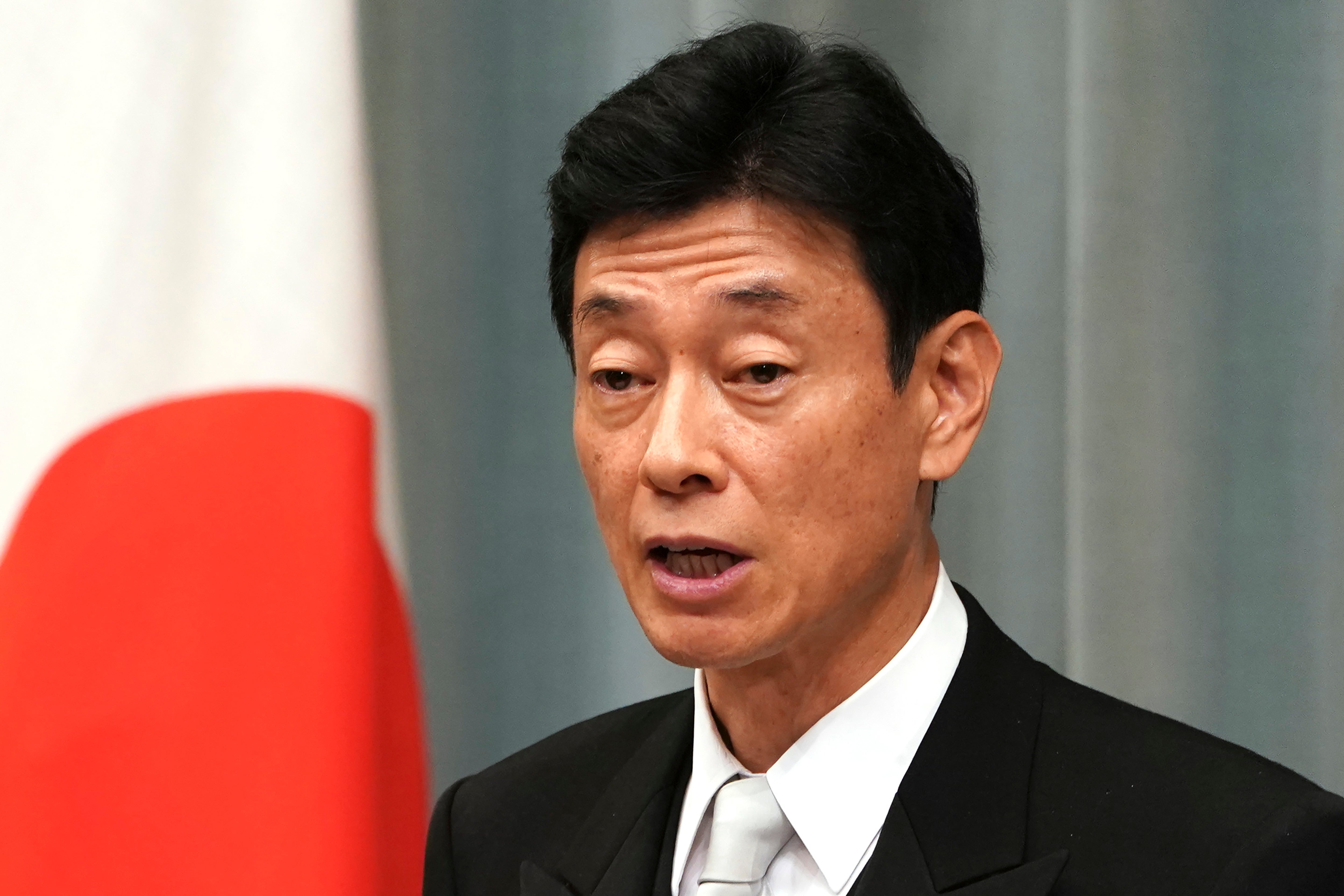Japan passes 50% vaccination rate, may ease limits in Nov.
Japan’s government says more than 50% of the population has been fully vaccinated

Your support helps us to tell the story
From reproductive rights to climate change to Big Tech, The Independent is on the ground when the story is developing. Whether it's investigating the financials of Elon Musk's pro-Trump PAC or producing our latest documentary, 'The A Word', which shines a light on the American women fighting for reproductive rights, we know how important it is to parse out the facts from the messaging.
At such a critical moment in US history, we need reporters on the ground. Your donation allows us to keep sending journalists to speak to both sides of the story.
The Independent is trusted by Americans across the entire political spectrum. And unlike many other quality news outlets, we choose not to lock Americans out of our reporting and analysis with paywalls. We believe quality journalism should be available to everyone, paid for by those who can afford it.
Your support makes all the difference.Japan’s government says more than 50% of the population has been fully vaccinated.
Japan’s vaccine rollouts began in mid-February, months behind many wealthy countries due to its lengthy clinical testing requirement and approval process. Inoculations for elderly patients, which started in April, were also slowed by supply shortages of imported vaccines, but the pace picked up in late May and has since achieved 1 million doses per day.
Economy Minister Yasutoshi Nishimura, who is in charge of COVID-19 measures, told NHK public television’s weekly talk show Sunday that about 60% of the population is expected to be fully vaccinated by the end of September, on par with current levels in Europe
The government is studying a roadmap for easing restrictions around November when a large majority of the population is expected to be fully vaccinated. That would allow fully vaccinated people and those who test negative to travel, gather for parties or attend mass events.
The progress of vaccinations has helped reduce serious cases and deaths among older people, but infections from virus variants spread explosively in August among younger generations still largely unvaccinated, severely straining health care systems.
Japan last Friday extended the ongoing state of emergency in Tokyo and 18 other areas until Sept. 30. It had been scheduled to end Sunday. The measures focus on requests for eateries to close early and not serve alcohol.
Japan has done much better than other developed countries in curbing illnesses and deaths without a lockdown. It has counted more than 1.65 million cases and 16,700 deaths.